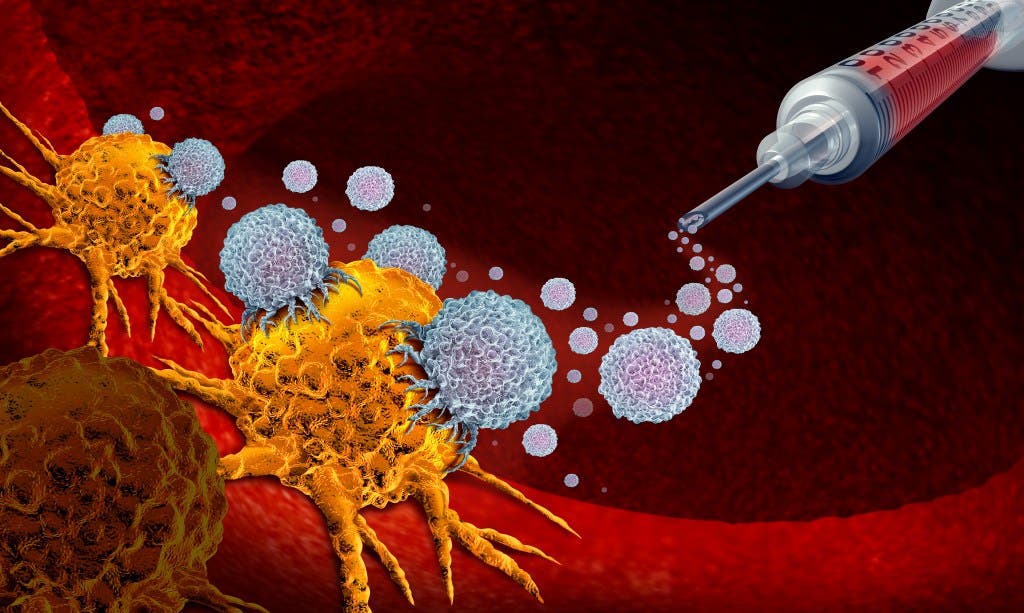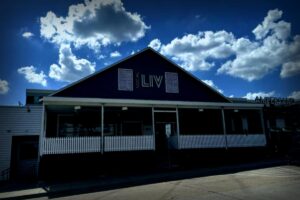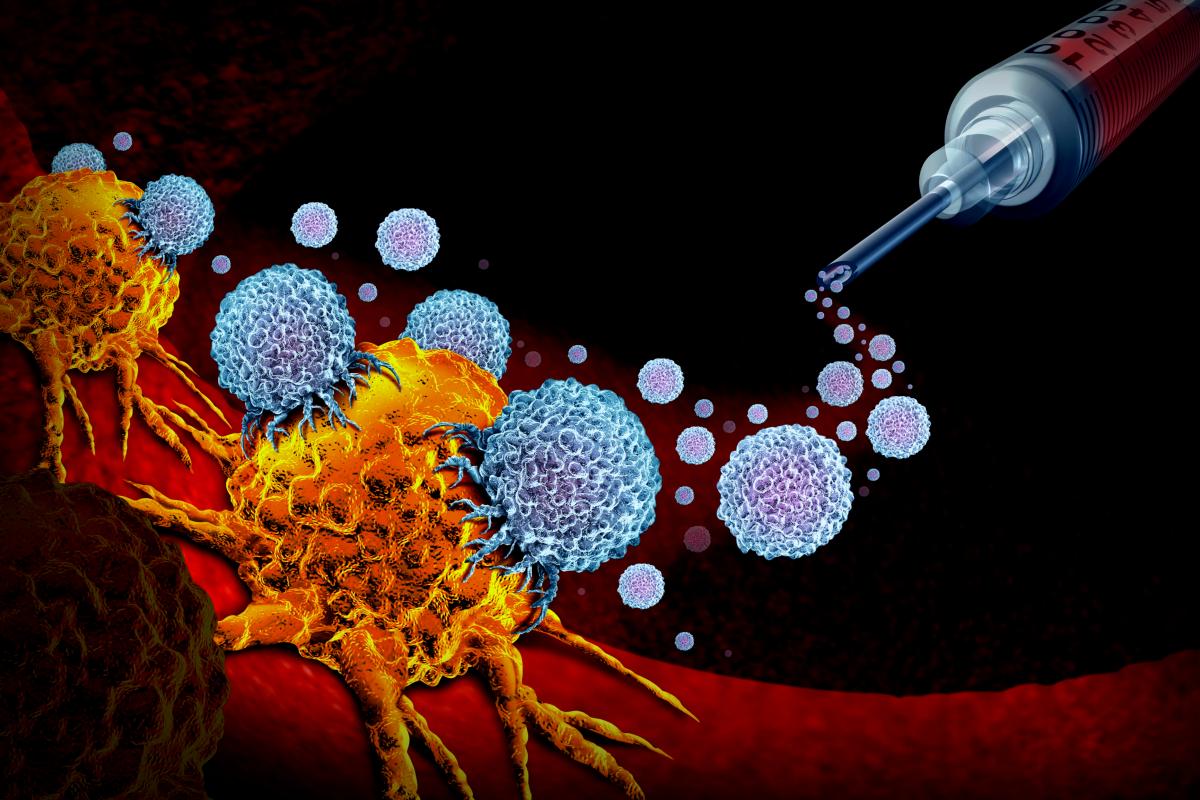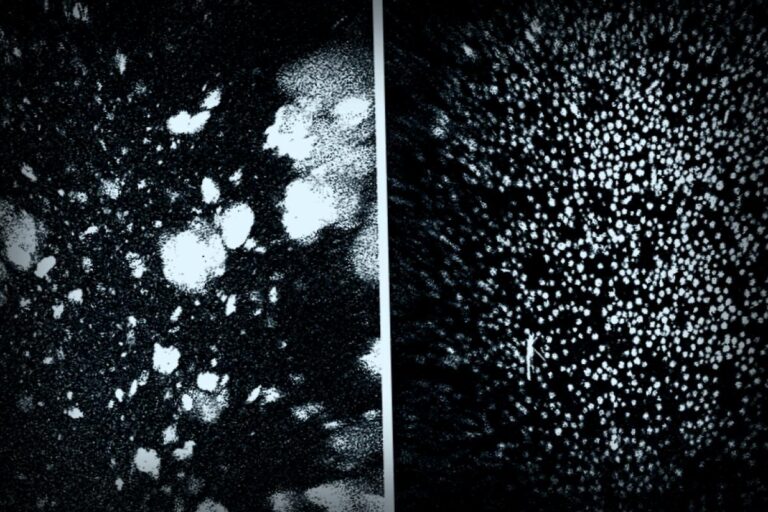Exciting news from the realm of cancer treatments! A new nanovaccine, boasting an innovative method to deliver treatment directly to the immune system, offers a potential two-pronged attack against cancer.
Developed by a collaboration between scientists at the National University of Singapore (NUS Medicine) and the Chinese Academy of Sciences (CAS), the nanovaccine known as NICER aims to stop tumor growth and decrease the chances of cancer making a comeback after surgeries.
What sets NICER apart is its ability to zoom in on not just the bulk of cancer cells but also a tougher adversary—the cancer stem cells (CSCs), which are often responsible for relapses.
This cutting-edge vaccine identifies the specific markers of CSCs while also encapsulating crucial epigenetic regulators. The full name of NICER really captures its purpose: “Nanovesicle Integrating CSC-specific antigen display and epigenetic nano-regulator encapsulation.”
Initial tests show promising results, especially for breast cancer, where women unfortunately have a 1 in 8 chance of developing that kind of cancer, as stated by the American Cancer Society. The vaccine also shows potential against melanoma, which saw about 104,960 new diagnoses expected this year, alongside highly invasive tumors.

According to professor Shawn Chen Xiaoyuan, one of the study authors from NUS’s Department of Diagnostic Radiology, this nanoparticle approach is thrilling because it addresses a major challenge in cancer treatments—the issue of cancer stem cells causing relapses.
He highlights that, “Our nanovaccine not only stimulates an immune response against these rogue cells but also creates immunological memory to fend off any future occurrences of cancer.”
It’s important to note that recurrence happens when some cancer cells dodge existing treatments like chemotherapy or surgery and resurge at the original site or a different area. These pesky CSCs can hide away, eluding immune detection and later trigger new tumor growth.
As scholar Yanlian Yang from the CAS describes, “CSC’s survival post-treatment is a critical factor for recurrent and spreading tumors. They can shrug off most treatments and pose a hard-to-beat challenge. This is where NICER steps in.”
With NICER, researchers believe that a stronger, more durable immune response might help thwart cancer’s return.
In lab tests involving various aggressive cancers, such as breast cancer and melanoma, NICER not only halted tumor growth but also reduced recurrence and lung metastasis after surgical removals.
According to Dr. Qing You from NUS, combining this new nanovaccine with immune checkpoint inhibitors yields exciting results, enhancing both tumor control and patient survival rates.
While findings from this research hold significant promise and hint at a potential breakthrough in personalized cancer vaccines, researchers urge that more studies are needed to ensure the vaccine’s long-term safety across different models.
Currently, NICER represents a comprehensive vaccine strategy against both bulk tumors and CSCs, which might markedly lower the risk of recurrence and improve survival odds.
Newsweek has reached out to the team behind this innovative treatment for further insights.
Have insight on a pertinent health story or questions regarding cancer nanovaccines? Shoot us a message at health@newsweek.com.
References
You, Q., Wu, G., Li, H., Liu, J., Cao, F., Ding, L., Liang, F., Zhou, B., Ma, L., Zhu, L., Wang, C., Yang, Y., & Chen, X. (2025). A nanovaccine targeting cancer stem cells and bulk cancer cells for postoperative cancer immunotherapy. Nature Nanotechnology, 20(9), 1298–1311. https://doi.org/10.1038/s41565-025-01952-x





















